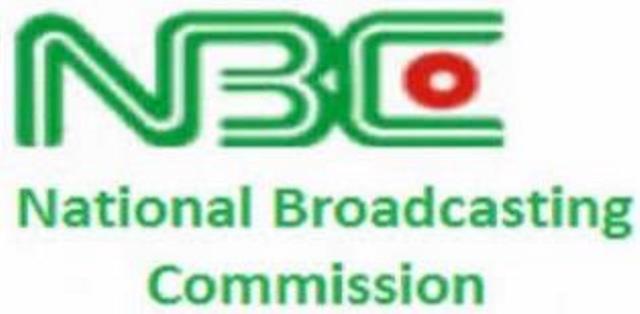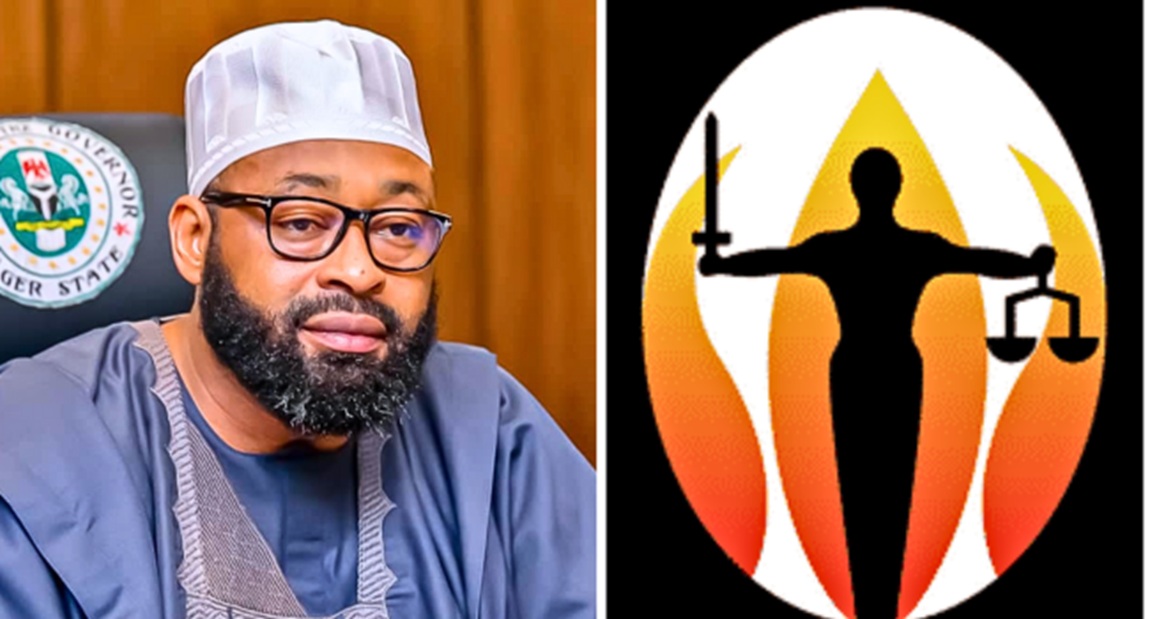Broadcasting
Cyber Defenses and Cyber Insurance: A Holistic Approach to Cyber Risk Management

By: Chester Wisniewski, Director Global Field CTO
The landscape of cyber threats has significantly expanded in terms of volume, complexity, and impact of attacks over the past few years. Consequently, regardless of their size, industry, or geographic location, the vast majority of companies prioritize protection against these threats and primarily strive to implement robust cyber defense measures to counteract them.

However, given the difficulty of preventing and anticipating all current and future forms of threats, especially the methods attackers use to bypass defenses and introduce ransomware into a system, organizations worldwide also tend to adopt cyber insurance policies to safeguard their operations in the event of a successful intrusion. According to a study conducted in early 2023, 91% of global companies have some form of cyber insurance.”
If 47% of companies declare having subscribed to an independent insurance policy, and 43% have opted for insurance integrated into broader coverage, independent and integrated cyber policies are the two main types in the market. It is crucial for companies to choose coverage that aligns with their specific needs and risks, ensuring the best possible protection for their data and operations.
Before subscribing to insurance, conducting an audit of existing solutions is essential, questioning whether they benefit from top-notch first-line cybersecurity protection. Indeed, this can impact their access to cyber insurance and the selection of a policy that best suits their particular needs.
The quality of cyber defenses significantly influences corporate coverage. First-line cybersecurity measures can notably affect the adoption and choice of a cyber insurance policy for companies. According to the aforementioned study, 95% of respondents specifically cite that the quality of implemented cyber defenses has a direct impact on the insurance they subscribe to, affecting both the cost and terms of the policy, ensuring access to the coverage that suits them best.”
“According to the study, 60% of organizations with cyber insurance state that the quality of their existing defenses influenced their ability to secure coverage. Furthermore, 62% mention its impact on the policy’s cost, and 28% note its effect on insurance contract terms. Ensuring the most comprehensive and robust protection layer is essential to save money and select insurance that best meets the business’s requirements.
Interestingly, cybersecurity measures play a more significant role in obtaining independent cyber insurance compared to integrated coverage. 71% of those with independent policies note that the quality of their protection influenced their coverage, while only 49% of those with integrated policies believe it impacted their ability to contract cyber insurance. Conversely, the performance of security measures has a greater influence on the cost of integrated policies (67%) than independent insurance (58%).
Therefore, companies should prioritize assessing the effectiveness and robustness of their cybersecurity solutions before seeking cyber insurance tailored to their needs. This approach enables them to select the most appropriate policy and negotiate favorable costs and terms.”
“The importance of cyber insurance in protecting against ransomware
The primary threat facing businesses today has a name: ransomware. This type of malicious software, designed to encrypt and steal organizational data, followed by a ransom demand, has become the top concern for Chief Information Security Officers (CISOs) in recent years.
Given that its introduction into a system can result from highly varied, often unpredictable, and constantly evolving tactics, techniques, and procedures (TTP), it is impossible to guarantee that a company will not experience a successful intrusion. Hence, it is crucial for organizations to have, in addition to traditional cybersecurity solutions, a tailored cyber insurance policy that allows them to protect against data encryption, theft, or deletion.
In the event of data encryption, companies with the support and assistance of their insurer during the data recovery process, and those who, to qualify for insurance, have implemented enhanced security measures such as secure backups or incident response plans, are more likely to recover their encrypted data. According to the study, 98% of those with independent cyber insurance successfully restored their encrypted data, compared to 97% for those with integrated coverage, and only 84% for those without insurance.
It’s worth highlighting that beneficiaries of cyber insurance are more inclined to pay the ransom to retrieve their data. Thus, 58% of independent policyholders who fell victim.
“In conclusion, while cyber insurance is now an essential element of business protection, it is inseparable from the quality of solutions and security measures taken to safeguard information systems and organizational data. It is crucial for global stakeholders, regardless of their industry, to ensure they have the most comprehensive, robust, and effective first-line protection to best guard against ransomware attacks and all other types of threats.
It’s also noteworthy that some managed cybersecurity solution providers offer complementary insurance guarantees in the event of a successful attack to further strengthen business protection. These aspects only reinforce the quasi-symbiotic relationship between cyber insurance and cybersecurity solutions.”
Broadcasting
Idris, Information Minister Says Only NBC can Suspend Broadcast Licences

Mohammed Idris, minister of information, has reacted to the closure of Badeggi FM radio station in Niger state.

Mohammed Idris, minister of information,
On Friday, Umar Bago, governor of Niger state, ordered the commissioner of police to seal off Badeggi FM radio station over alleged incitement of violence.
A statement by Bologi Ibrahim, chief press secretary to the Niger governor, said the “daily activities of the radio station have been unethical”.
“Governor Bago also accused the owner of the station of incitement of the people against the government and directed that the license of the radio station be revoked,” the statement reads in part.
Reacting in a statement at the weekend, Rabiu Ibrahim, special assistant (media) to Idris, said the ministry has noted concerns raised by stakeholders in the media industry over the governor’s directive.
Idris said the National Broadcasting Commission (NBC) has the legal authority to suspend or revoke broadcast licences.
“While acknowledging the concerns raised, the Ministry notes that the suspension of broadcasting licenses falls within the purview of the National Broadcasting Commission (NBC), as stipulated by law,” he said.
“In light of this, the Ministry welcomes the decision of the Niger State Government to formally report the perceived “unethical behavior” of Badegi FM to the NBC for resolution.
“The Minister appeals to all parties to remain calm, assuring that the NBC has the necessary mechanisms to resolve the issue in a fair and impartial manner.”
According to the information posted on its website, Badeggi Radio 90.1 FM, Minna, is a private radio station established in 2020 by Shuaibu Badeggi.
Broadcasting
Government of Ghana Slams MultiChoice, Insists on DStv Price Cut

Samuel Nartey George, minister for Communications, Digital Technology and Innovation, Government of Ghana, has accused MultiChoice Ghana of showing disregard for Ghanaians by refusing to reduce its DStv subscription fees despite favourable economic indicators.

In a social media post on Sunday, August 3, the minister said the company’s latest statement vindicates his long-held view that it does not take Ghanaians seriously.
“I have read the release by DStv Ghana and taken full consideration that they vindicate my earlier position that they simply do not take the Ghanaian people serious enough,” he wrote.
The minister had earlier given MultiChoice Ghana a seven-day ultimatum, ending August 7, to review its bouquet prices downward or face the suspension of its operating licence by the National Communications Authority (NCA).
He cited the cedi’s appreciation, dropping inflation, and reduced fuel prices as justification for the directive.
But MultiChoice, in a statement dated August 3 and signed by its Alex Okyere, managing director, said while it acknowledges the recent economic gains, it finds the demand to reduce prices untenable.
“While we appreciate the recent appreciation of the Cedi (which we have never referred to as a ‘fluke’), it is not tenable to reduce the DStv subscription fees in the manner proposed by the Minister,” the statement said.
The company said it had engaged the Ministry and the NCA in good faith and remained committed to resolving the matter through constructive dialogue for the interest of its stakeholders and staff.
Sam George, however, dismissed these claims, noting that the company responded differently when it was faced with similar pressure in Nigeria.
“The same group operating in Nigeria reversed price increases when the Nigerian authorities sued them. The Nigerian House of Representatives took the matter up and ordered a suspension of the increases. They complied,” he said.
He also revealed details of an alternative proposal by the company, which he rejected.
According to him, MultiChoice had suggested maintaining the current prices while halting the transfer of revenue to their headquarters.
“In all honesty, that offer lacks any logic in my estimation. The essence of my action is to see Ghanaians pay a fair price for the services offered. How does this proposal solve the real issue?” he asked.
I have read the release by DStv Ghana and taken full consideration that they vindicate my earlier position that they simply do not take the Ghanaian people serious enough.
The same Group operating in Nigeria reversed price increases in Nigeria when the Nigerian authorities sued them.
The Nigerian House of Representatives took the matter up and ordered a suspension of the increases. They complied.
This year, in April, at a time the Ghanaian cedi had seen a ~10% appreciation against all major currencies, inflation had dropped by over 5% and fuel prices had also dropped, DStv announced and implemented a 15% increase.
I believe in the interest of transparency, I make public the alternate proposal that DStv offered to me that I flatly rejected.
They proposed that I allow them maintain the collection of the exorbitant bouquet prices as they stand but order them not to send the revenue to their headquarters.
In all honesty, that offer lacks any logic in my estimation. The essence of my action is to see Ghanaians pay a fair price for the services offered. How does this proposal solve the real issue?
For far too long, corporations have fleeced the Ghanaian people.
There has been a RESET and it demands a new style of public service that is fiercely protective of the Ghanaian people.
I remain empathetic to the Ghanaian staff of DStv but I believe that they should stand with the rest of us as we demand what is right for us.
I remain open to “constructive engagements” that are centred on PRICE REDUCTION. Anything else is tangential and of no consequence.
Broadcasting
SERAP Issues 48-Hour Ultimatum to Niger Governor Over Badeggi FM Closure

Socio-Economic Rights and Accountability Project (SERAP) has given Governor Umar Bago of Niger State a 48-hour ultimatum to reverse the decision to shut down Badeggi FM 90.1, a privately owned radio station located in Minna, the state capital.

Governor Umar Bago
SERAP made the demand in a letter dated August 2, signed by its Deputy Director, Mr. Kolawole Oluwadare. The organisation described the governor’s directive as arbitrary and unlawful, urging immediate reinstatement of the station’s licence and withdrawal of the alleged threat to demolish the premises.
The group also called for the protection of the station’s owner, Mr. Shuaibu Badeggi, and staff members, citing rising concerns over media repression. It warned that the government’s actions risk violating Nigeria’s constitutional provisions and international obligations on press freedom and human rights.
Gov. Bago had, on August 1, ordered the immediate closure of Badeggi FM, citing unethical journalism, incitement, and opposition to his administration’s New Niger Development Agenda.
He directed the state’s Commissioner of Homeland Security to profile the owner and also threatened demolition of the station’s facility.
Reacting to the development, the Nigerian Bar Association (NBA) described the action as executive rascality, stating that only the National Broadcasting Commission (NBC) has the authority to revoke a broadcast licence.
NBA President, Mr. Afam Osigwe, urged security agencies to disregard unlawful orders that undermine constitutional rights.
SERAP warned that failure to comply within the specified timeframe would prompt legal action to uphold the public’s right to access information and protect media freedom in the state.

 Telecom3 days ago
Telecom3 days agoHistory as MTN Nigeria Becomes First to Hit ₦10 Trillion Market Cap @ NGX

 Telecom3 days ago
Telecom3 days agoMTN Nigeria’s CAPEX Soars Nearly 300 Percent to ₦565.7Bn in Q1 2025

 Telecom3 days ago
Telecom3 days agoMTN Nigeria Celebrates Super Falcons with ₦150 Million Reward After WAFCON Triumph

 General News3 days ago
General News3 days agoNigeria Sends Egusi, Others to Space @ NASA’s Crew-11 Mission Launch

 Telecom3 days ago
Telecom3 days agoVitel Wireless Rolls Out 50,000 SIM Cards, eSIMs

 General News3 days ago
General News3 days agoAfDB Approves $46m to Transform Healthcare in Sokoto State

 General News3 days ago
General News3 days agoNITDA DG says Nigeria’s Digital Economy Will Empower Citizens, Bridge Divides, and Drive Unity

 News3 days ago
News3 days agoExperts Caution e-commerce Operators on Eco-friendly Materials
























